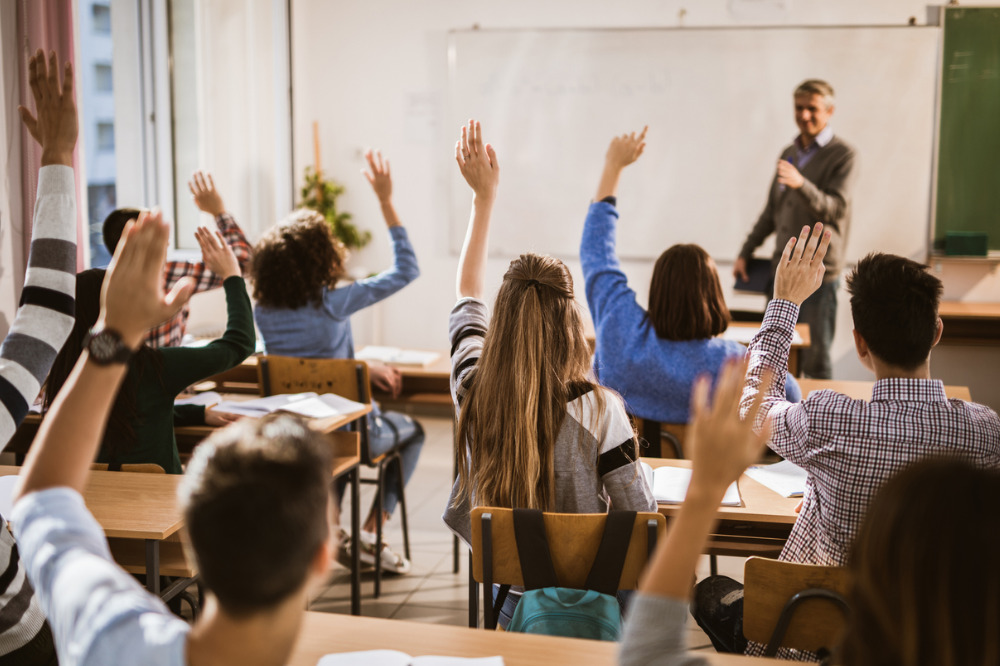
A new report has warned that education systems worldwide face a ‘reckoning’ unless the needs of students and societies are met.
The Economist Intelligence Unit (EIU) report, titled: ‘New schools of thought: Innovative models for delivering higher education’, was commissioned by the Qatar Foundation (QF), a non-profit organization made up of more than 50 entities working in education, research, and community development.
The key message from the report was that education systems must challenge their assumptions in the post-COVID-19 world in order to overcome challenges and survive into the 21st Century.
‘We must change what we know is not working’
Education thought-leaders from three continents explored the study’s findings and exchanged their views on education’s future in an online panel discussion, Higher Education in a Post-COVID-19 World, hosted by the EIU and sponsored by QF.
“Our global education system is a well-oiled machine – too well-oiled. We were so used to the way things were that we couldn’t imagine them otherwise,” QF CEO and Vice Chairperson, Sheikha Hind bint Hamad Al Thani, said.
“The good news is that we know what change looks like, because we are in the middle of it today. If this pandemic has proved anything, it is that we, as a society, can change. Things that were impossible are suddenly possible”.
Al Thani said “we owe it to our children and grandchildren to change what we know is not working”.
“Today, the new page is no longer just a dream. Let’s have the courage to truly be seekers of knowledge,” she said.
‘There is going to be a reckoning’
Ben Nelson, founder, chairman, and CEO of Minerva Schools at Keck Graduate Institute, US, said that “when societies and students are interfacing with institutions and not getting what they are paying for, there is going to be a reckoning”.
“It’s crucial in this period of transition during COVID-19, but will also be crucial afterwards,” he said.
“Students now have an extraordinary responsibility because they can vote with their feet in a way that they have never been able to do before”.
Nelson said that for the first time in living memory, the role of the student is that of a “determinant partner” – that is, determining what universities should be doing, and which ones should have the right to serve them going forward.
According to Tim Blackman, Vice-Chancellor of the Open University, UK, the “shelf-life of knowledge” is getting shorter.
“While discovering new knowledge and innovating remain incredibly important, the fundamental issue is that everyone has to have the ability to become a lifelong learner – to keep on learning, apply their knowledge, and put it to use,” he said.
“Our approach to research, teaching, and learning has to adapt to the very different type of knowledge world we are in.”
Things will never be the same
Francisco Marmolejo, QF education advisor highlighted the need for education systems get serious about recognising whether what they are doing today is really up to the standards of the future.
“Do students learn due to, despite, or independently of what we teach them? Are rankings as important as we think they are? What is education about? Do we still believe a simple grade is the best way to measure learning?” he said.
“All of these are assumptions we seriously have to challenge, because unless we do that, disrupt, and are willing to take risks, as soon as conditions return to some sort of normal we may try to become the same as we were before”.
Marmolejo said the COVID-19 crisis “is telling us we no longer have the luxury of assuming things will be as they used to be”.


